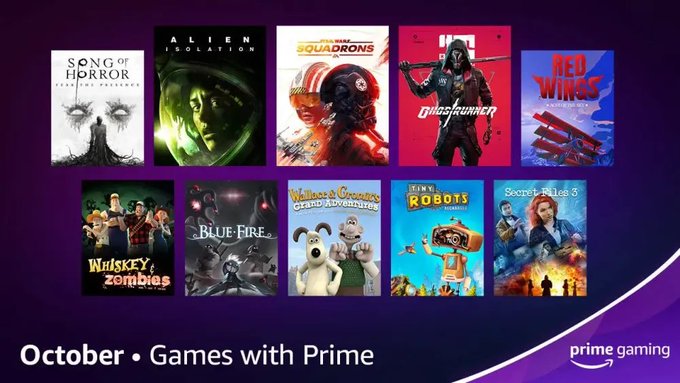Gamepass has been a topic on this website for a while now. We've seen a lot of debate on its value to consumers, on its profitability, and on how it will impact the gaming industry long-term. We've seen fans plant their flag on a hill, claiming individual ownership of games will exists forever and that subscription services are bad. We've seen people on the opposite end, claiming subscriptions are consumer friendly because it saves them money and enables them to try a lot of games for a far cheaper monthly price than buying games. I'd like us to discuss the ramifications of the rumored 30 million subscriber number.
Before we get into questions, let's break the numbers down. The last reported numbers we had were 18 million subscribers. Of that amount, a decent amount were paying $5 or less due to sign-up deals, a good amount were paying $15 for ultimate, and a good amount were paying $10 for either pc or console. So, just for the sake of not having exagerated numbers, let's go with some conservative numbers. Let's say, on average, MS is getting $8 from each subscriber. Here is how the numbers break down:
18 million subscribers: $144 million a month, $1.728 billion a year.
25 million subscribers: $200 million a month, $2.4 billion a year.
30 million subscribers: $240 million a month, $2.88 billion a year.
Again, these are conservative numbers. If you go with a more ambitious average (let's say $12 on average), then the numbers are:
18 million subscribers: $216 million a month, $2.59 billion a year.
25 million subscribers: $300 million a month, $3.6 billion a year.
30 million subscribers: $360 million a month, $4.32 billion a year.
My questions in response to this information are:
1) How many subscribers (at an average of $8 revenue each) does MS need in order to achieve higher profitability going this direction than with the old model of selling modern games?
2) How much revenue a month/year will MS have to make before the other gaming giants adopt a similar model? Or do you suspect they are already working on it now? And no, Sony's version doesn't count as it doesn't include all first party, modern releases. It's more comparable to Nintendo's NSO service, except it includes hundreds more games. Nintendo's doesn't count either, as it only includes a small selection of older games.
3) What other ramifications do you see happening at certain number thresholds?



















































